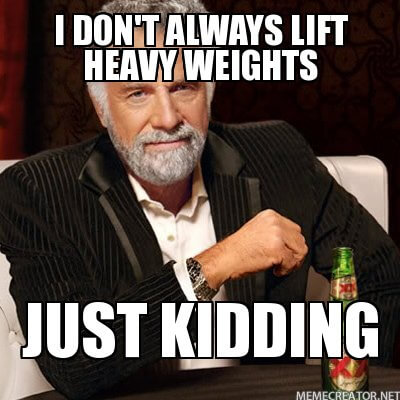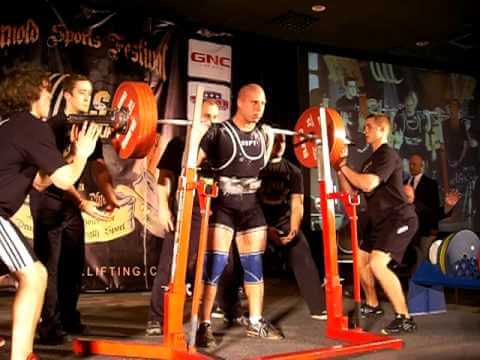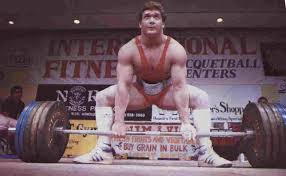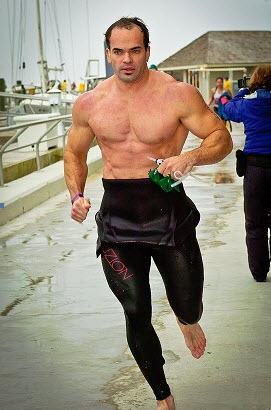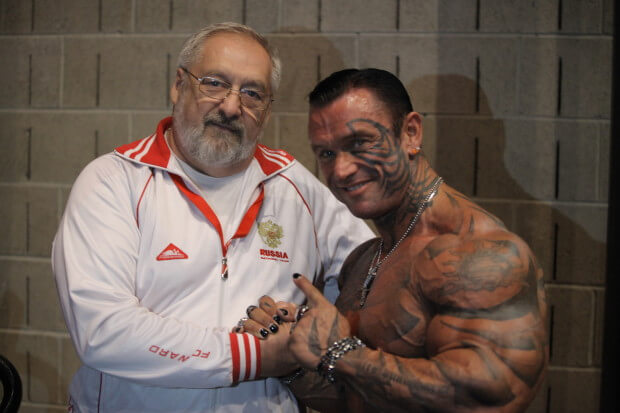
Interview with Coach Boris Sheiko
Boris Sheiko is the man behind the Juggernaut that is the Russian National Powerlifting Team. He was gracious enough to grant me an interview. If you don’t know who Mr. Sheiko is, you haven’t spent enough time in the powerlifting world. His lifters win European and World Championships in larger numbers and more frequently than those of any other coach in the world that I’m aware of – by a very broad margin. 1.


